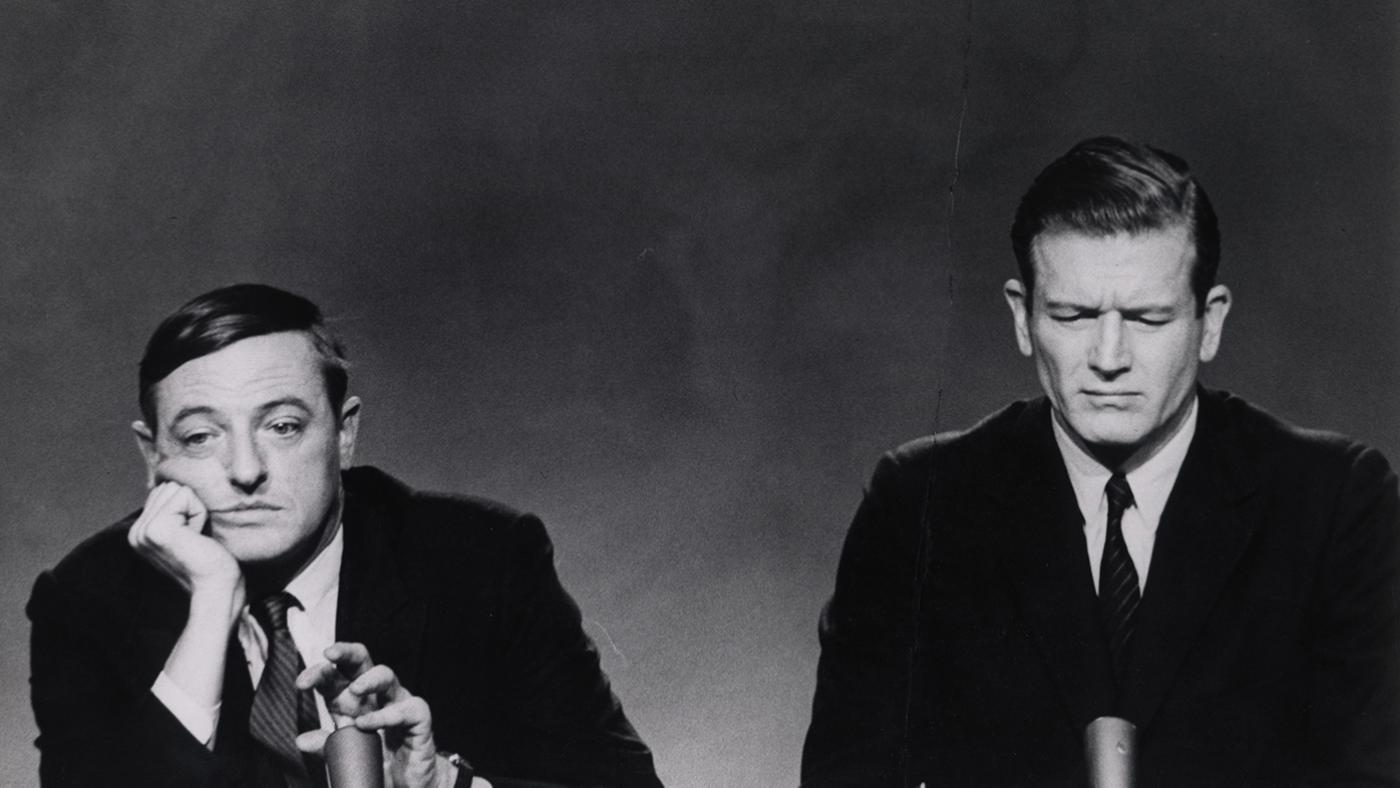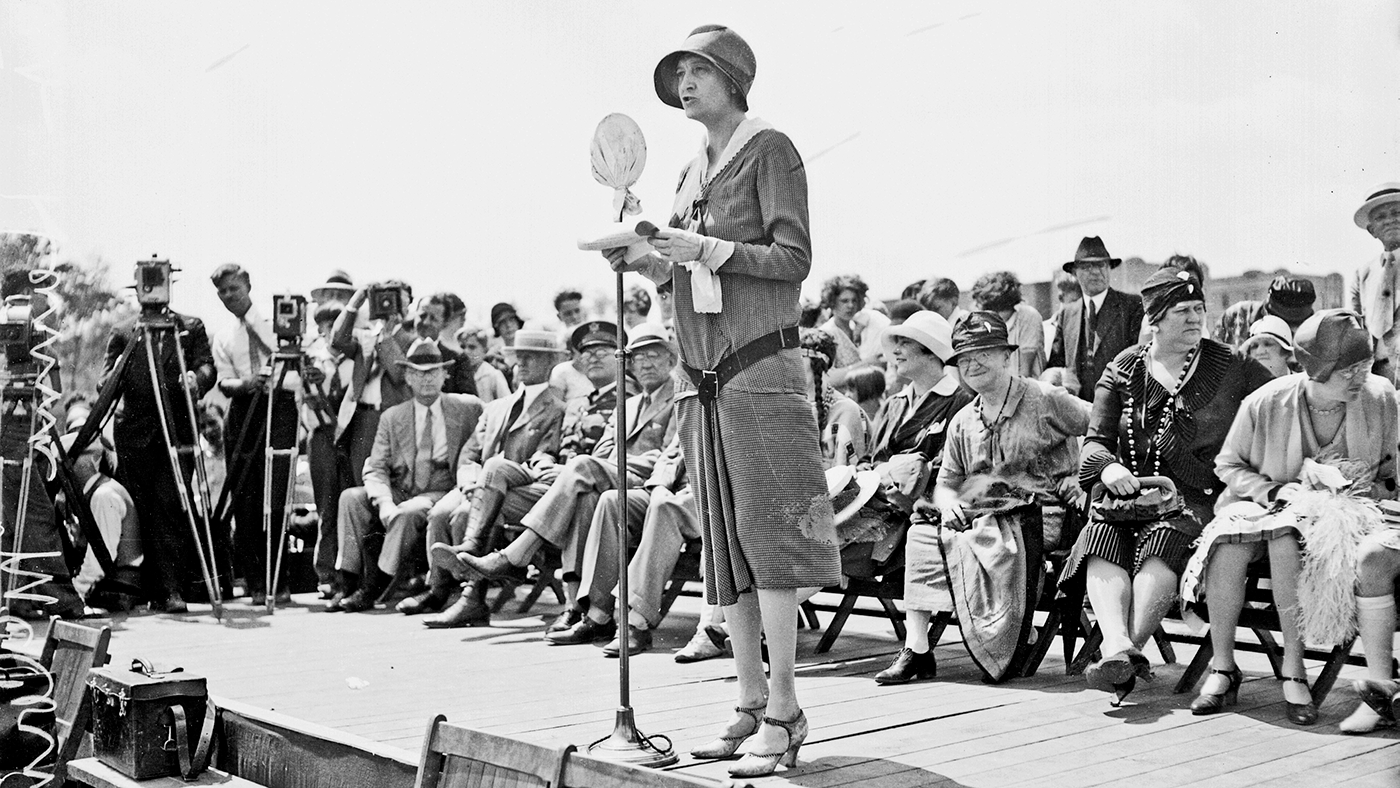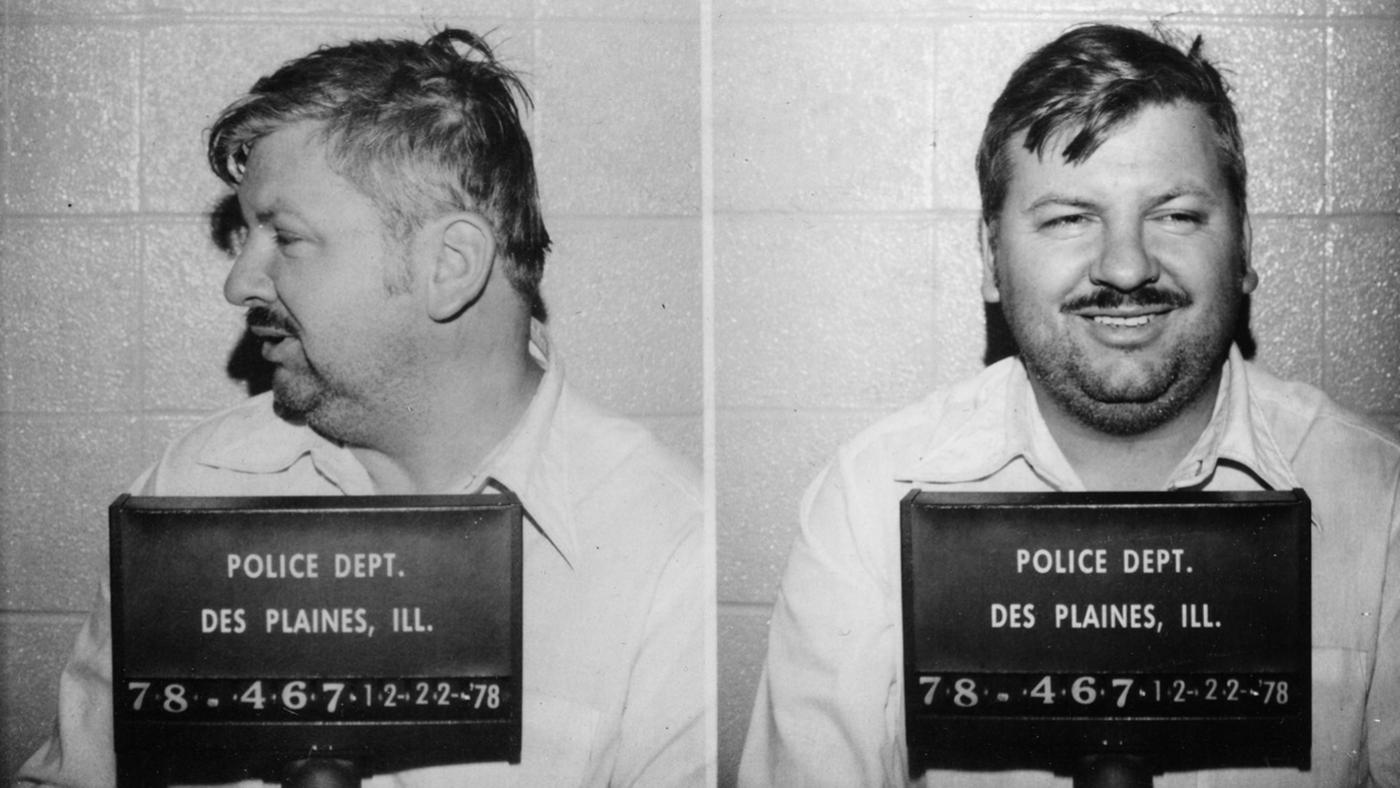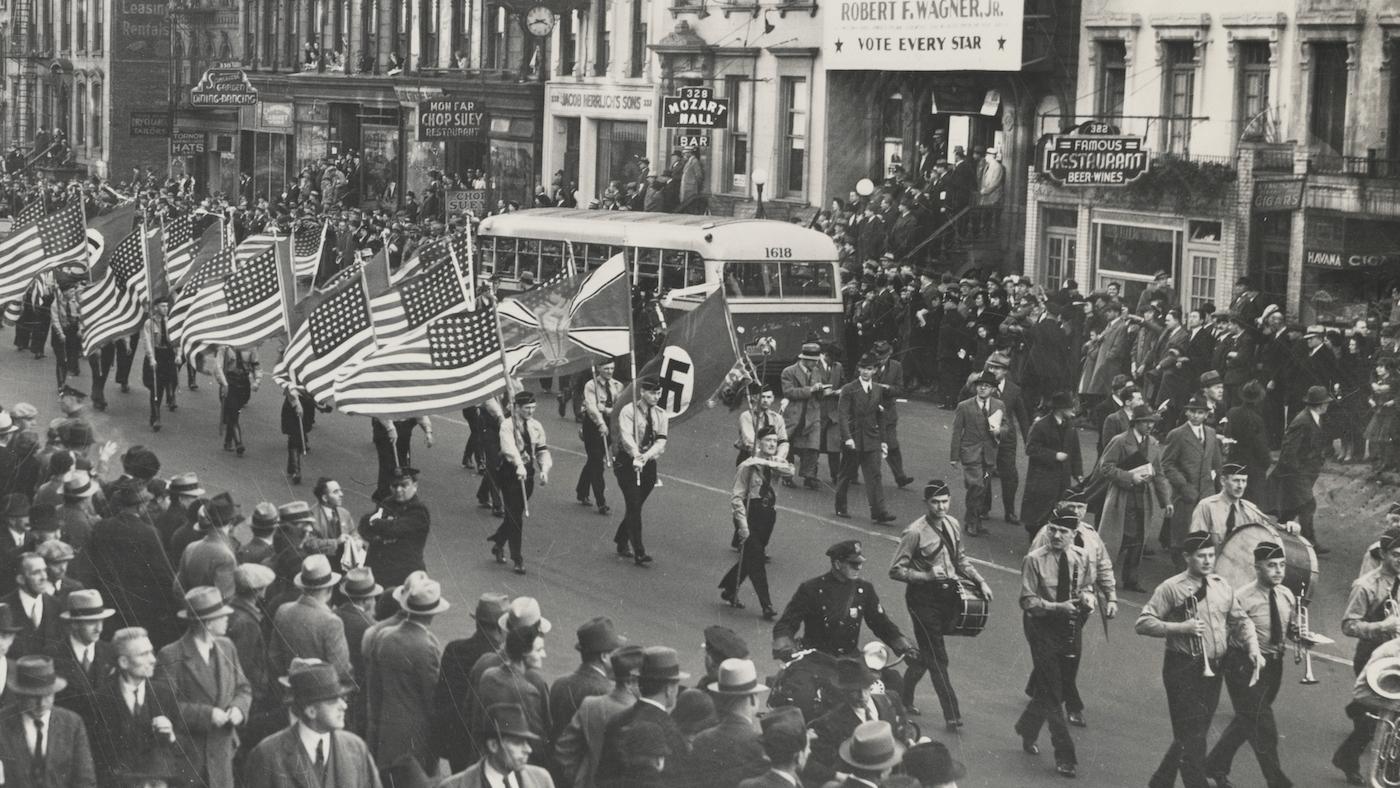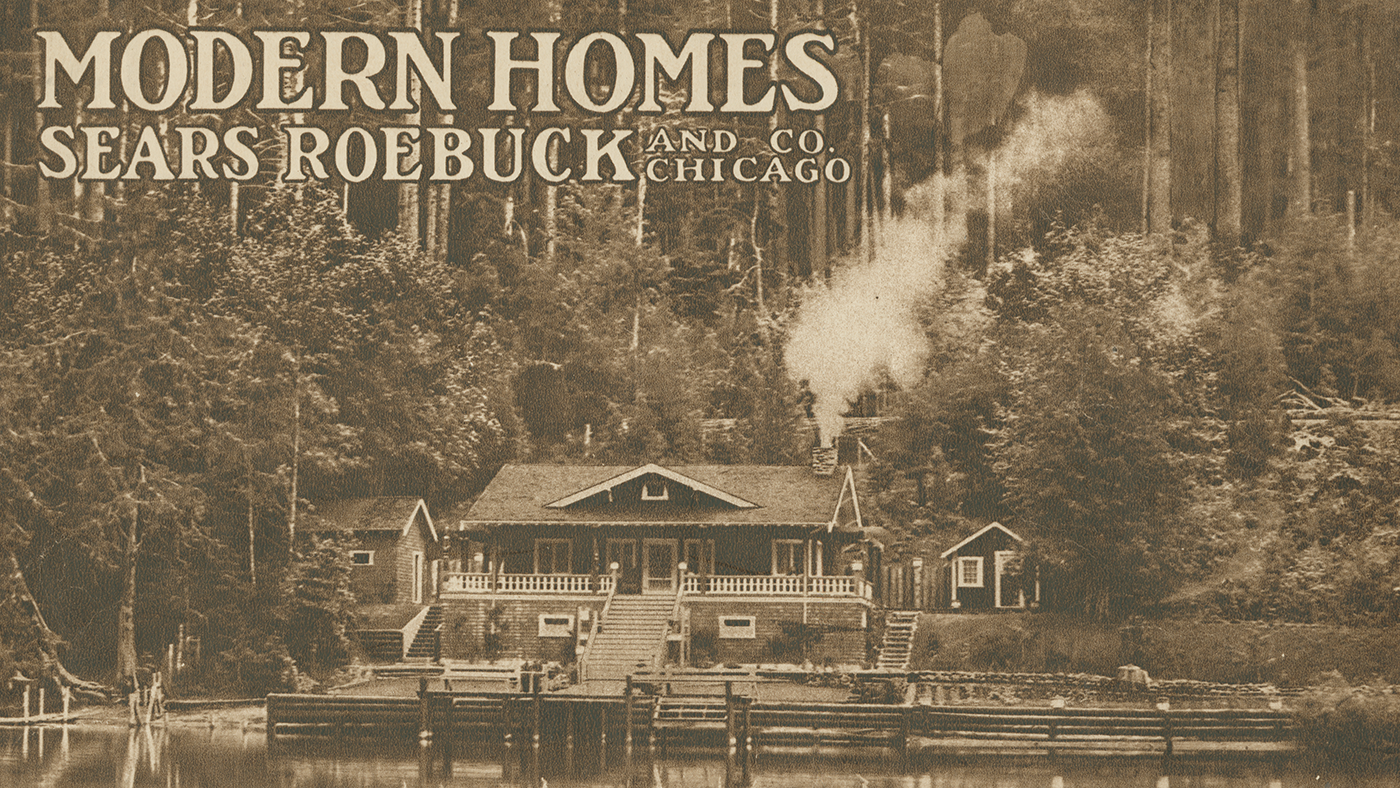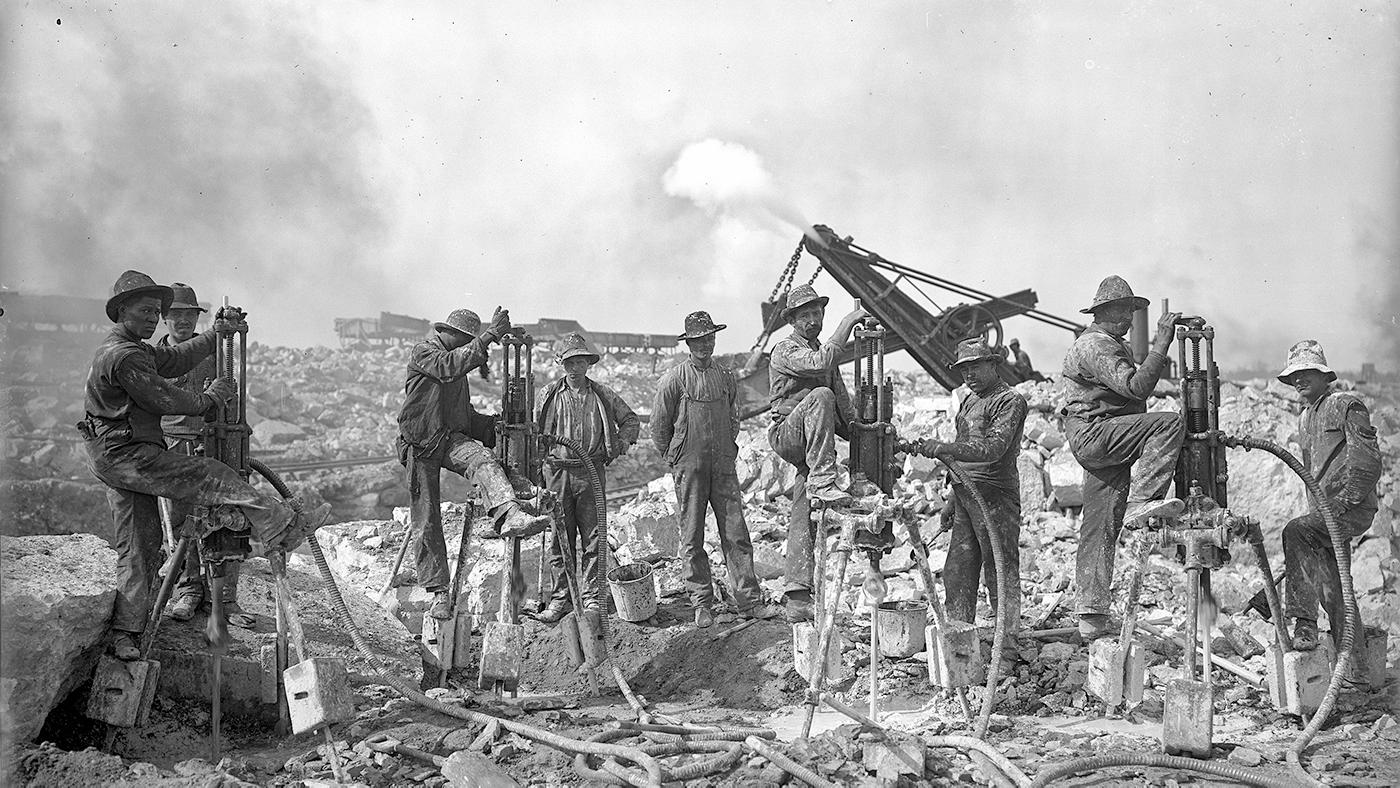A Q&A with the Producers of a New Documentary on Comiskey Park's Infamous Disco Demolition Night
Daniel Hautzinger
October 26, 2023
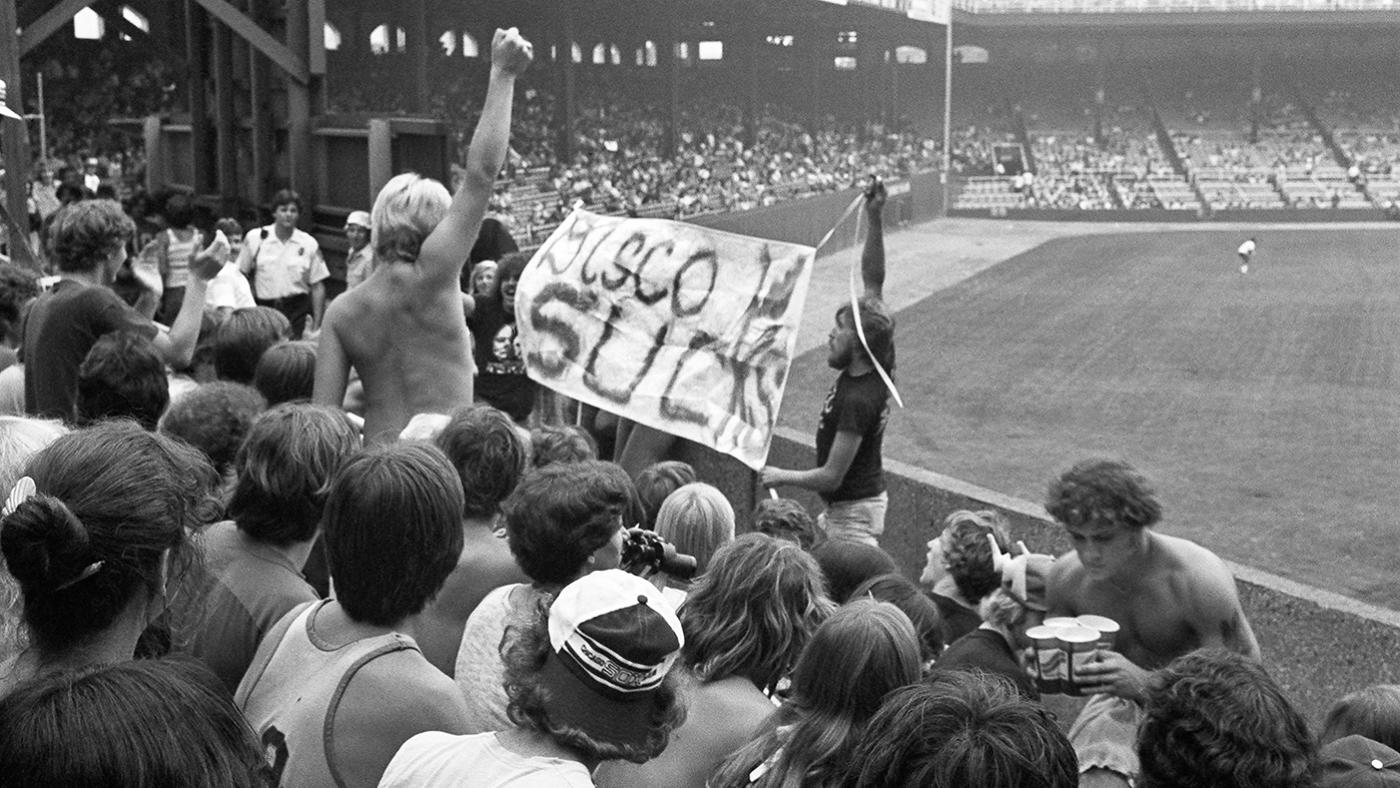
American Experience: The War on Disco airs Monday, October 30 at 8:00 pm and is available to stream via the PBS app and at wttw.com.
On July 12, 1979, in between a planned double-header between the Detroit Tigers and Chicago White Sox at Comiskey Park, the radio DJ Steve Dahl blew up a pile of disco records on the field as part of a promotion dubbed “Disco Demolition Night.” The massive, booze-fueled crowd responded aggressively, storming the field and setting fires despite pleas to return to their seats. The Sox had to forfeit the second game.
That infamous incident and the rise of disco before it are the subject of a new American Experience documentary, The War on Disco. The film features Chicagoans who were there or watched the event, as well as the radio host and author Ayana Contreras and other experts.
We spoke to the documentary’s producer and writer Rushmoore DeNooyer and producer Lisa Q. Wolfinger about the film, disco, and the seventies.
This interview has been condensed and edited for clarity.
What drew you to this story?
Lisa Q. Wolfinger: I grew up loving disco. I used to slow dance at a very young age to Donna Summer and boogie to the Bee Gees. But I actually grew up overseas, so to me, disco was just you put a record on and you dance to it. I didn't know what else it was about.
Rush and I were looking for an interesting story that would help illuminate the seventies. We both started talking about disco and what an interesting musical genre, dance music, [and] cultural phenomenon it was. I really had no idea about this Disco Demolition Night event. I was digging into disco and I suddenly came across the footage of the riot on the field, and it was so shocking. And that started the conversation and the journey.
Rushmore DeNooyer: I did not like disco. In the seventies, I was trying to make it as a musician, so I was playing in a band. There's a radio industry consultant in the film who talks about why rockers did not like disco, and that summed up my feelings perfectly. I didn't like synthesizers, and I didn't like drum machines, because it didn't feel human and expressive to me. And I found it monotonous. I had no idea whatsoever of its roots: I didn't know it was Black, I didn't know anything about gay clubs, dance clubs. I probably thought, “Oh, it’s the Bee Gees.”
Working on this film, I really enjoyed the music, and I grew to appreciate disco a lot more than I did at the time. I want to say very clearly, I didn't care for it as a music fan, but I didn't hate it. I never said, “Disco sucks.”
Is Disco Demolition Night known outside of Chicago?
Wolfinger: It was a big shocking event at the time, maybe a little less well-known outside of Chicago. But more recently, because of various social movements and conversations happening in the last ten years, academics especially have looked back at that event and said, “Whoa, wait a second. Was that an early critical event in the culture wars? Maybe there was a deeper significance to this crazy drunken riot on a baseball field on a hot summer night in 1979. The fact that it was against disco – is that important, because this had its roots in Black music, it came up through the gay club culture.” So it has become part of a national conversation.
DeNooyer: I read the newspaper every day. I was alive and functioning in 1979, and I have no memory of it.
There are so many different angles and aspects and perspectives on this. It's a really interesting example of how “history” evolves and grows over time because it's based on people's interpretation of events. People interpret it differently now than they did then.
Some of the context that you give in the documentary is about the decline of blue collar jobs with the shrinking of industry in the Rust Belt. How does that inform the story of disco?
DeNooyer: There’s a word that people use to describe those years: malaise. It's clear when you look at the history that it was a real thing and people were affected by it, and it was very depressing.
This is one of the things I love about this story, and it's one of the tricky things. This sportscaster, Rich King, from Chicago, has one of my favorite lines in the film when he says, “If you start talking about hate for anything – hate for music, hate for a certain kind of person – it brings out the worst in everyone.” That was his first impression of Disco Demolition. But it's so tricky, because did the 15- and 16- and 17-year olds at Comiskey know about the gay and Black roots of disco? I didn’t.
Wolfinger: It was cheap beer, cheap tickets, and all you had to do was bring a disco record.
DeNooyer: It’s so enigmatic. We can't say, “Well, they didn't know the history, therefore this is not racist, not homophobic,” because we talked to people of color who saw it on TV and were appalled and frightened. Their reaction is real and absolutely justified. On the other hand, if you talk to somebody who was 15 when they were there, and they say, I wasn't thinking race, I didn't know from gay! You have to believe them, too. I think that's what's so perfect about it as an American Experience, because it's difficult to process. There's no one simple, easy answer, and that's what I love about it. That's what I love about history.
Some people in the film say that Disco Demolition Night killed disco, while some others say that disco had been stretched to its breaking by then – Ethel Merman made a disco album. What do you think?
Wolfinger: I think it was indicative of a downturn. It was not the thing that killed it. Just as with any musical genre or fashion, at a certain point it becomes so big and omnipresent and oppressive. When your mom and dad start dressing up and going to the disco, it's not cool anymore. That was happening in the late seventies. Saturday Night Fever came out in 1977, and it was so popular.
DeNooyer: It’s a question of the cycle of fashion and taste and fads. A lot of people feel like disco is still here, it’s just evolved. The idea of dance music has never gone away, and maybe it's stronger than ever. Certainly synthesizers and drum machines are in every part of pop music now.
I think Disco Demolition was a sincere expression of some people being tired of it. And the quality of it did go down. And yet it's still around: some people say house music came out of this in Chicago.

